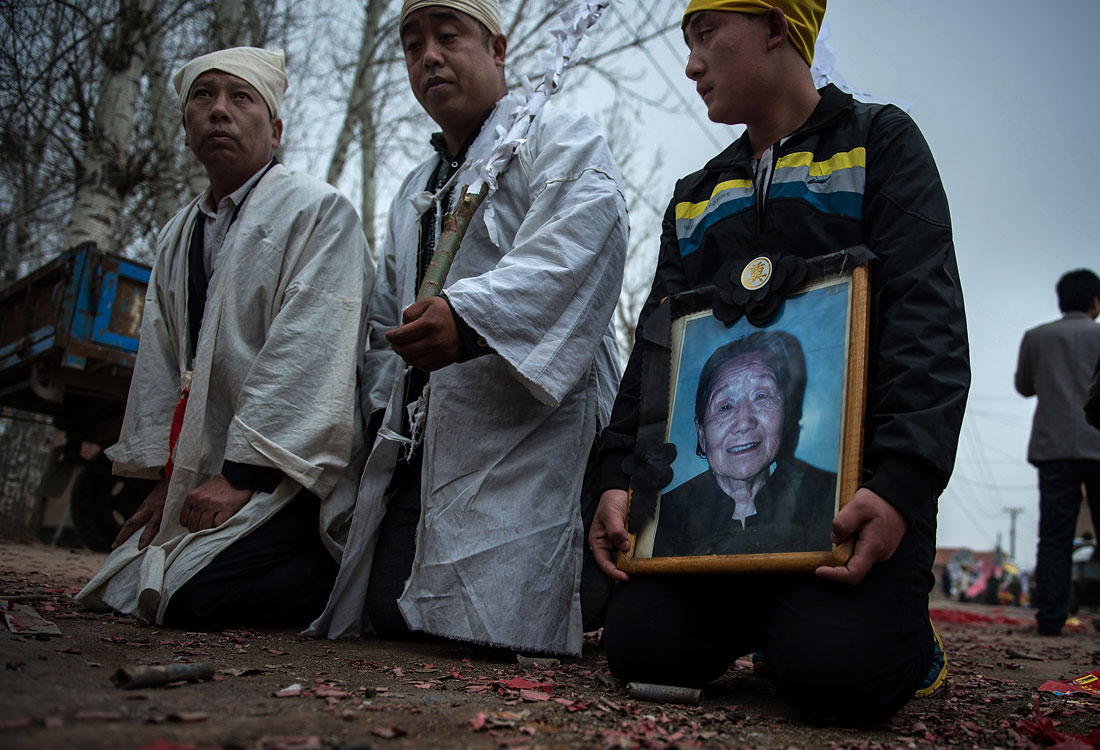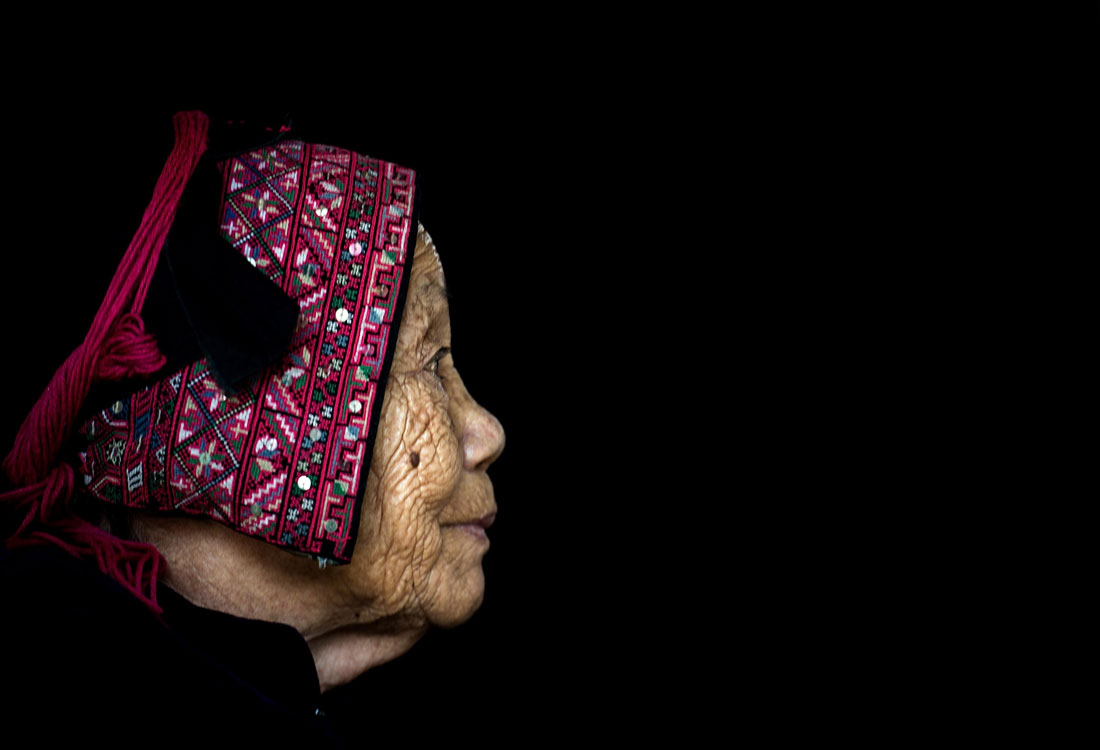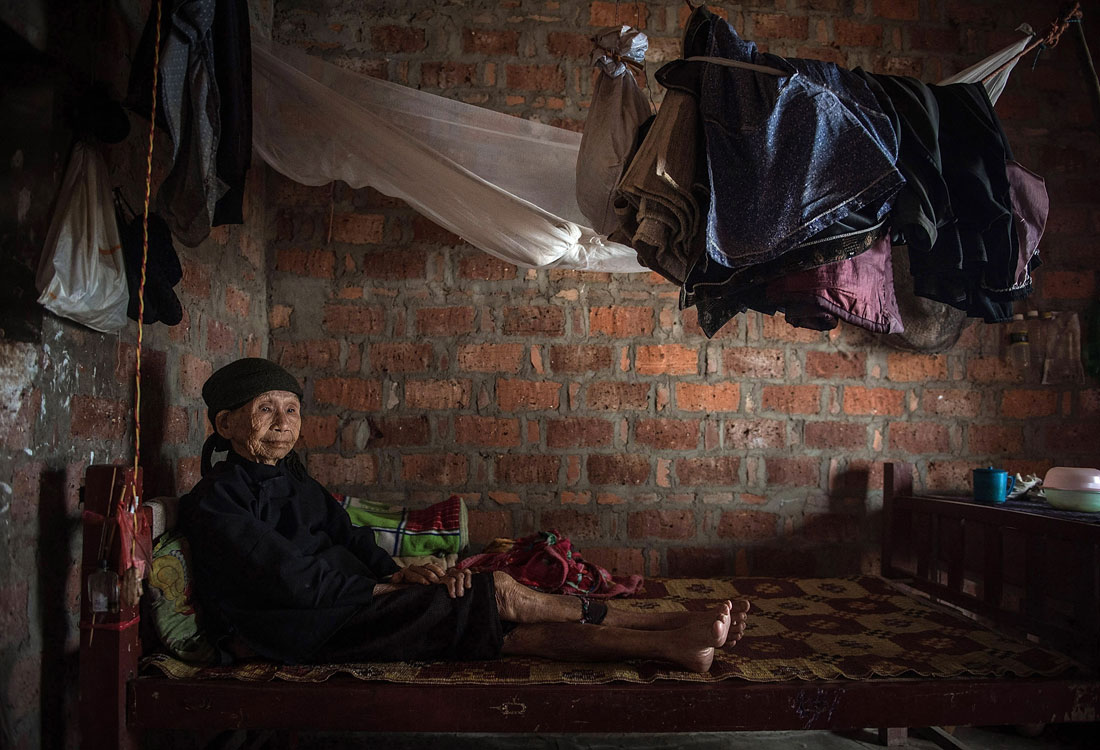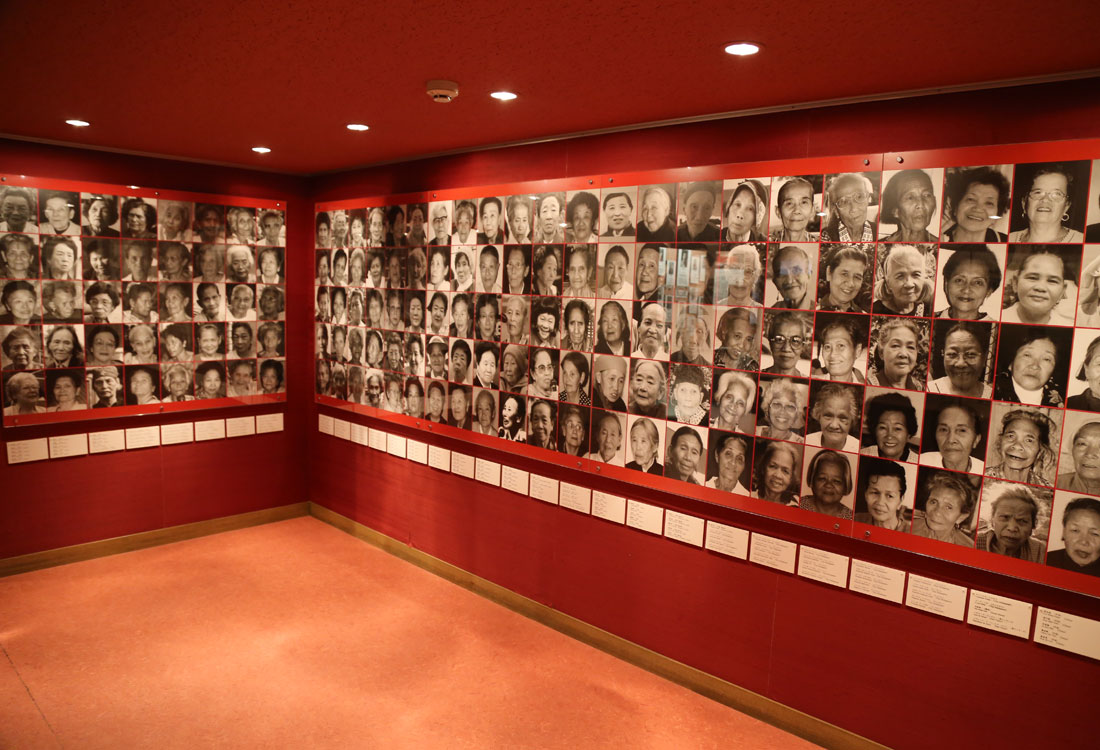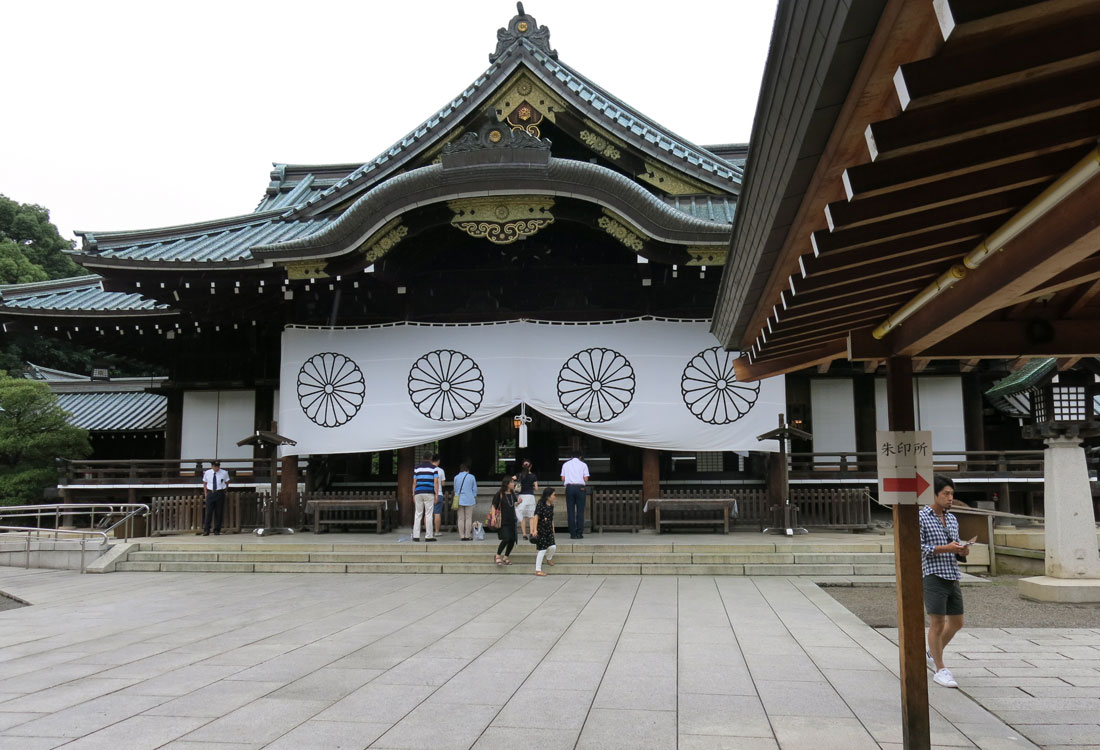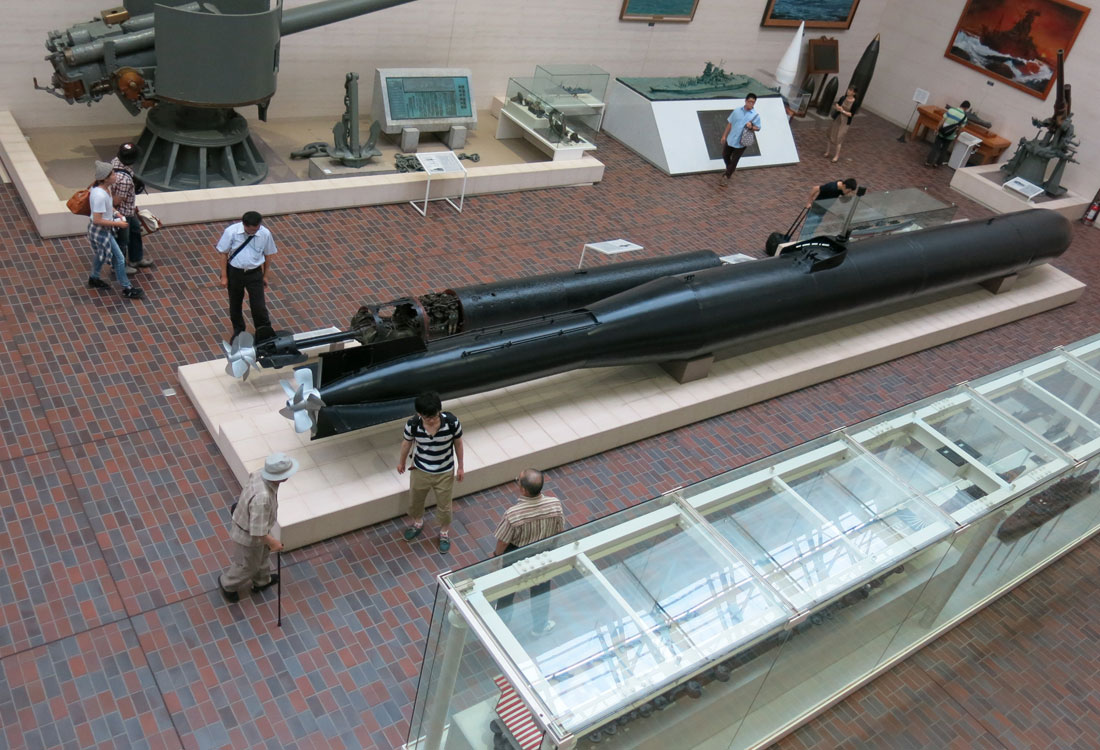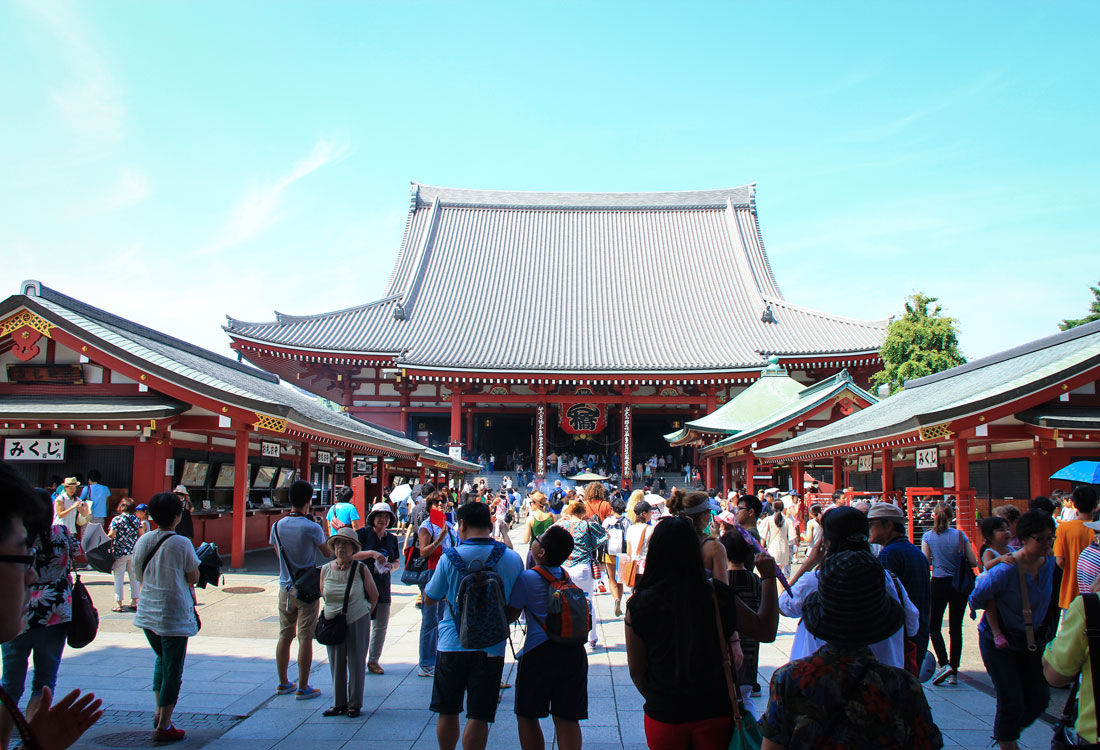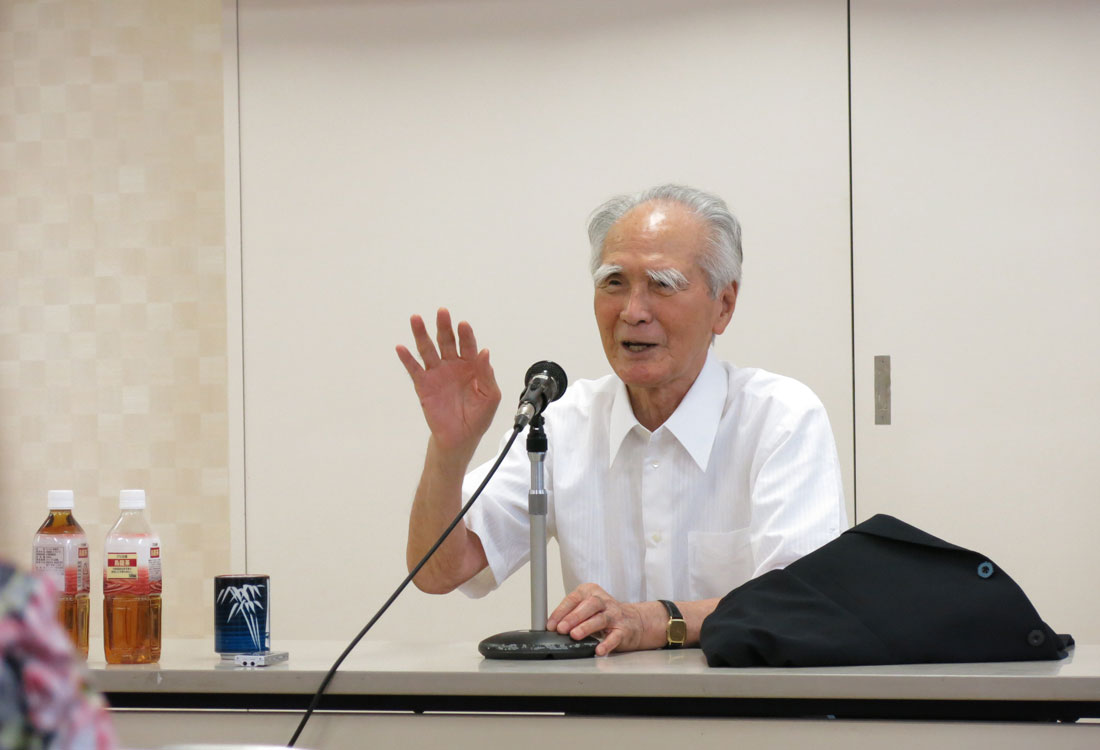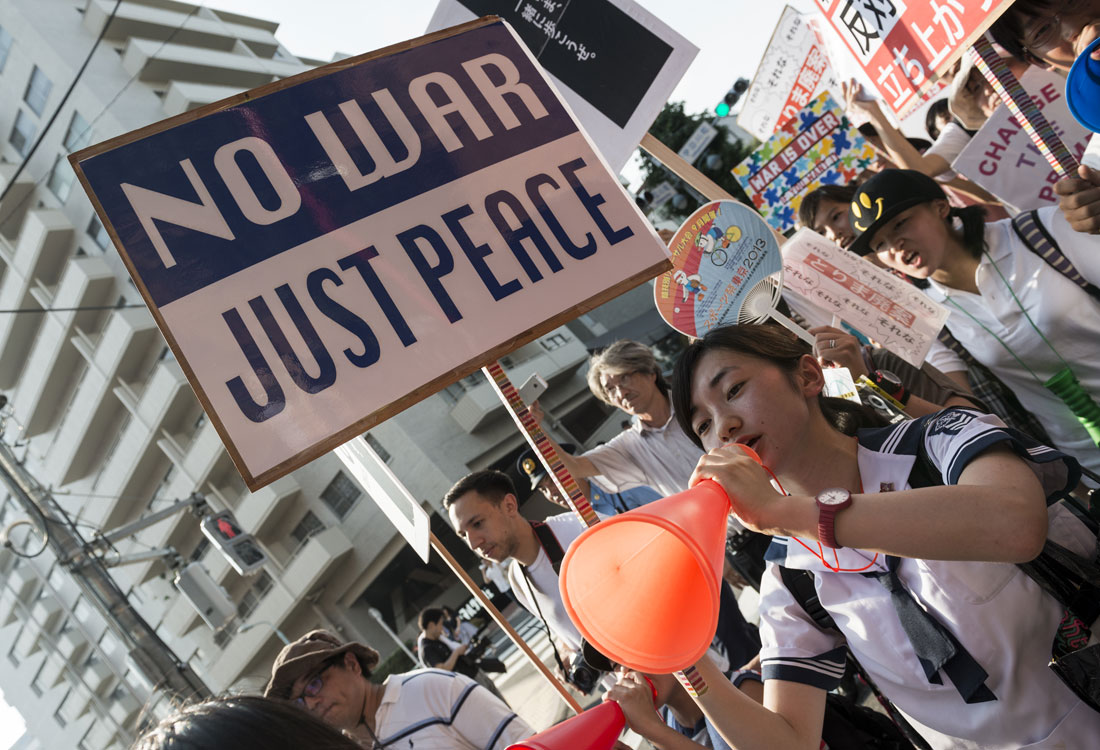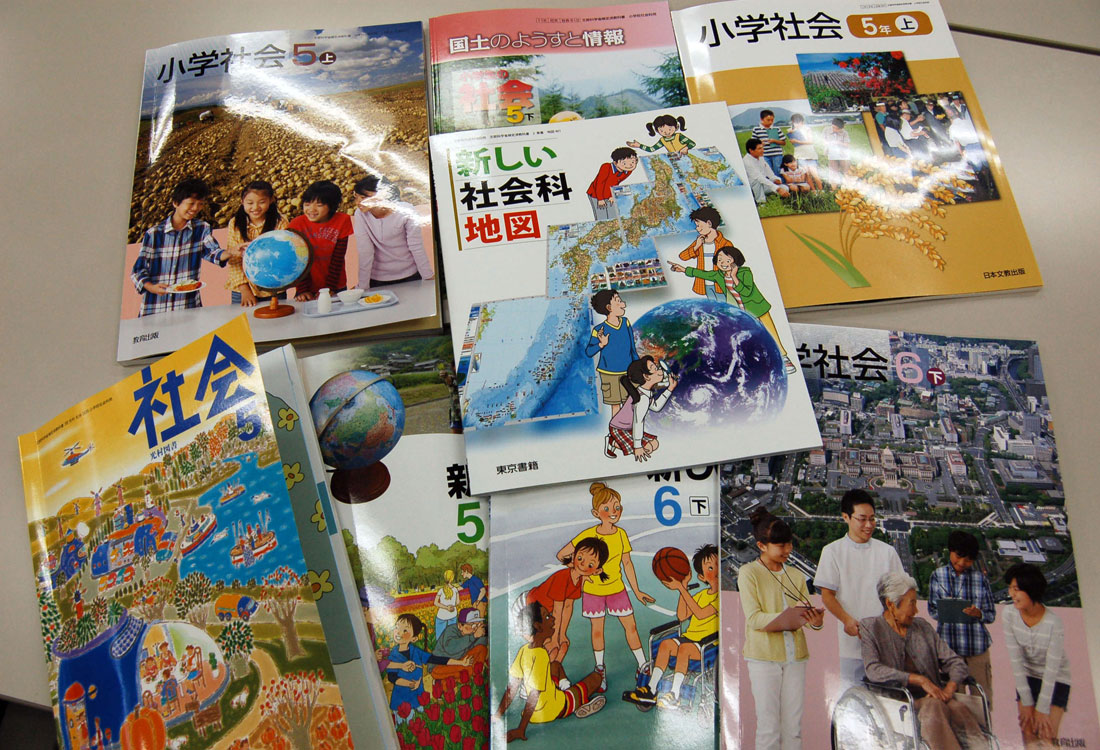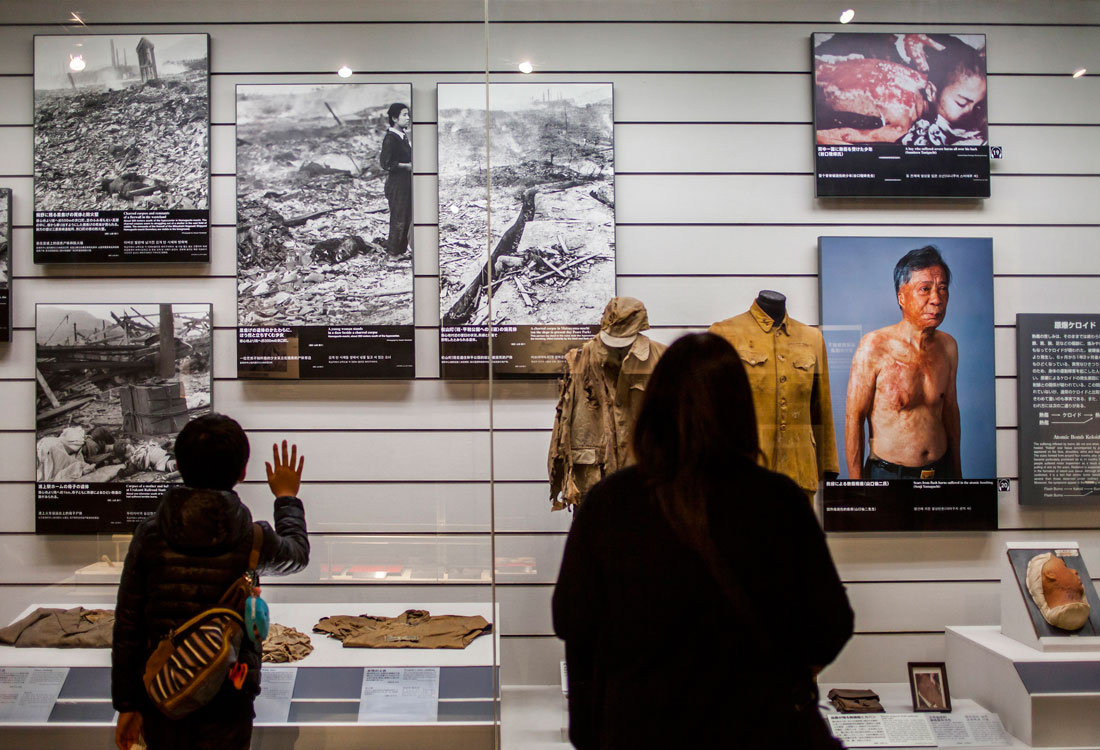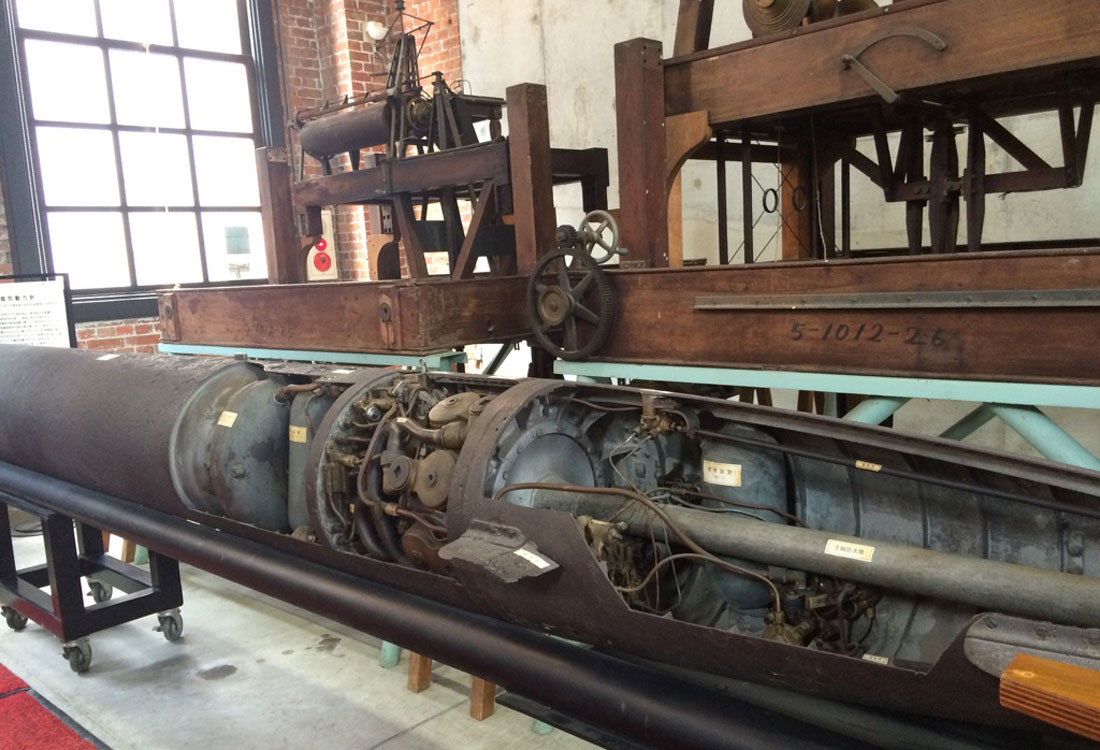
| 70 years ago, the inferno of war was finally put out after colossal losses to human civilization. We now enjoy peace, as well as prosperity that built on victory in the war. This year is an opportunity for the world to remember and reflect. As close neighbors, China and Japan's history has been intertwined, mingling both mutual learning and battle. The past century saw the most bitter memories of warfare but also magnanimity in peace. However, while the mainstream calls for peace and cooperation, the right-wing camp in Japan has never stopped its pursuit of overturning the postwar consensus and political structure. Their efforts have increasingly driven the national policymaking process. [more] |
 | Young people alienated as Japanese textbooks move right As the Japanese government pushes textbooks to reflect the government's stance over disputed history events, college professors are worried that these textbooks have made young people less aware of history than they should. |
 | Nagasaki Shipyard’s UNESCO status marred by forced labor |
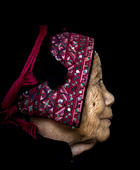 | Japan struggles to deal with legacy of comfort women system, compensation |
 | Japan’s Yasukuni Shrine continues to ignore the history of WWII |
 | JCFA working to establish friendlier Sino-Japanese ties “Just as everyone is curious to know everything that is going on with their neighbors, the Japanese are actually very interested in China,” Tokuichiro Utsunomiya, vice president of the Japan-China Friendship Association (JCFA), told the Global Times. “Even though sometimes their attention is focused on more negative aspects,” he added. |
 | Japan’s former prime minister discusses Abe’s upcoming WWII address |
- Rape, murder: atrocity seen in Japanese war criminal confessions 2015-08-16 16:04:02
- Japanese emperor's WWII statement indicates dissatisfaction toward Abe 2015-08-16 13:02:44
- Western Allies mark WWII victory against Japan 2015-08-16 11:04:31
- Britain commemorates 70th anniversary of Victory over Japan Day 2015-08-16 10:38:06
- Canada marks 70th anniversary of Victory over Japan Day 2015-08-16 10:25:33
- Netherlands commemorates 70th anniversary of surrender of Japan 2015-08-16 10:25:01
- Memories of resistance refreshed on Japanese surrender anniversary 2015-08-16 10:18:37
- Abe's war statement 'insult' to victims of Japan's aggression: US historian 2015-08-16 10:18:45
- World intellectuals urge Japan to rethink past for peaceful future 2015-08-16 10:13:06
- Japanese appeal for future peace on 70th anniversary of WWII surrender amid ultra-right 'freak show' 2015-08-16 10:11:46
- China urges Japan to speed up destruction of chemical weapons abandoned in China during WWII 2015-08-16 09:58:22
- Museums in northeast China tell Japanese wartime atrocities 2015-08-15 18:07:20
- China voices opposition, dissatisfaction on Abe cabinet members' shrine visit 2015-08-15 18:06:23
- China publishes videos on sufferings of wartime sex slaves 2015-08-15 18:05:09
- War museum welcomes visitors on anniversary of Japan's WWII surrender 2015-08-15 17:05:57
- Japanese war criminal confesses to murder, rape: archive 2015-08-15 15:06:47
- S. Korea's Park stresses unification with DPRK on WWII anniversary 2015-08-15 14:37:32
- Japanese emperor expresses 'deep remorse' at WWII memorial service 2015-08-15 13:28:56
- Taiwan leader urges Japan to draw lessons from history 2015-08-15 11:30:16
- Abe's 'apology' widely seen as 'lacking sincerity' 2015-08-15 11:29:38
- China calls for sincere apology after Abe's statement 2015-08-15 11:28:33
- Abe sends ritual offering, as 2 female ministers visit notorious Yasukuni Shrine 2015-08-15 11:17:40
- S. Korea's Park urges Japan to back words with actions in historical issues 2015-08-15 11:12:37
- 70 years on, Japan remains lost in historical quagmire 2015-08-15 10:55:34
- Abe hits key words, avoids new apology 2015-08-15 00:13:02
- Abe's WWII speech sticks to glib words 2015-08-14 23:23:01
- Japan's Abe offers no fresh apology for past aggression, colonial rule 2015-08-14 19:20:08


